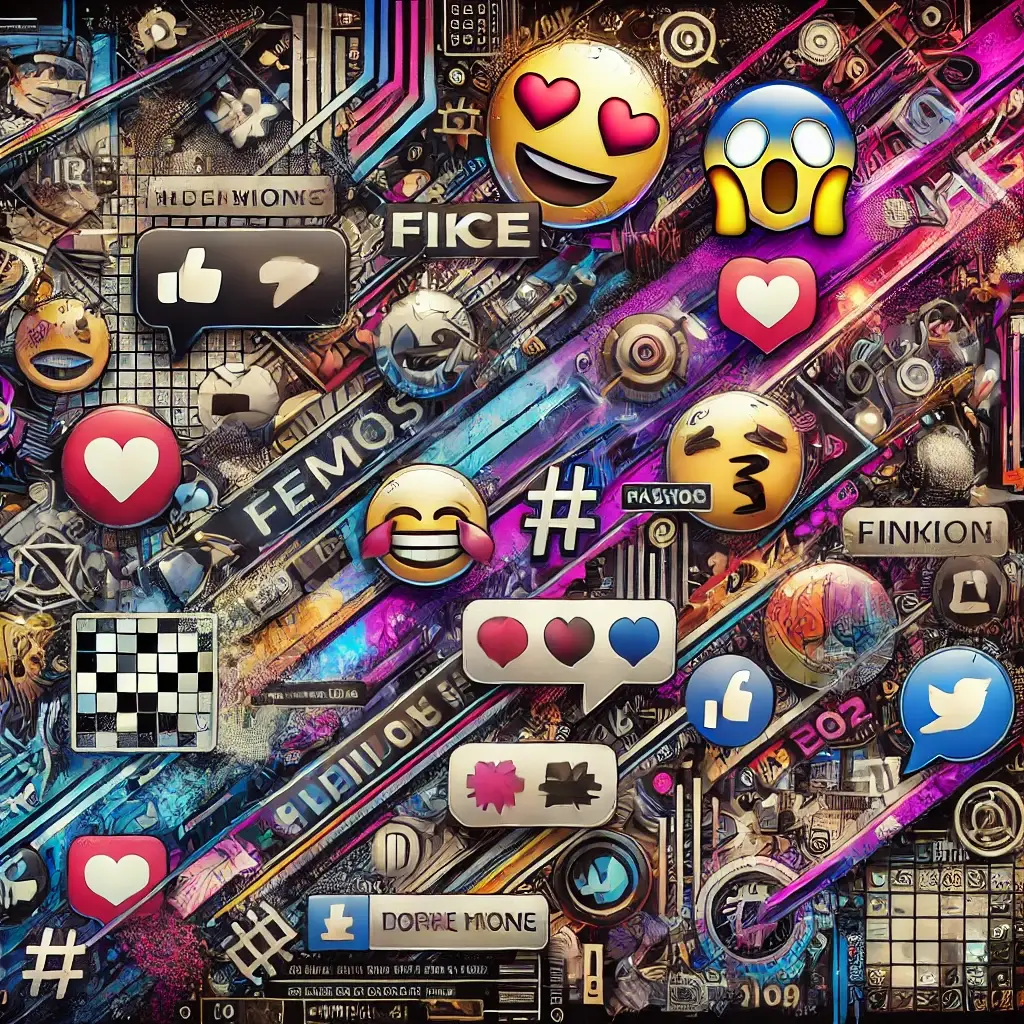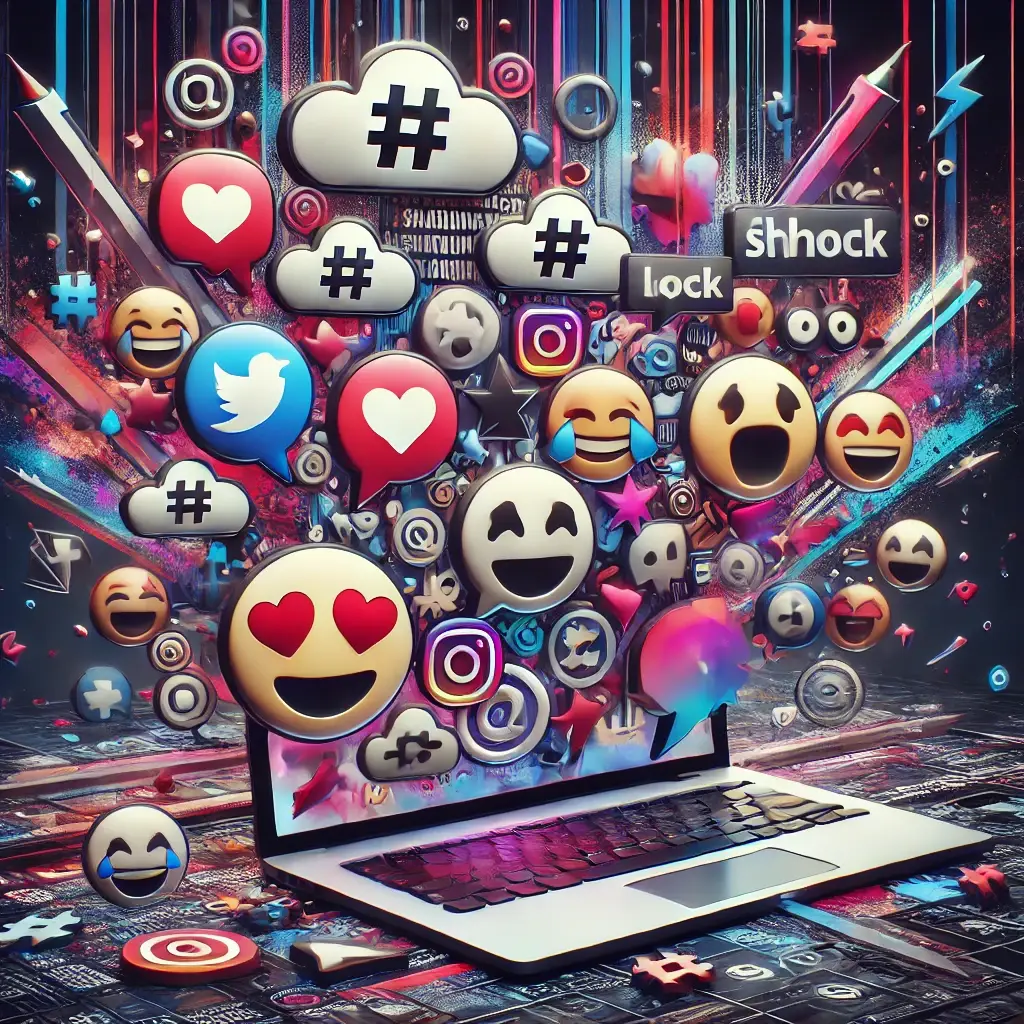The internet is a hub of creativity, and language often takes centre stage. One intriguing example is the term “Incestables.” This edgy portmanteau combines “incest” with the playful suffix “-ables.” Its rise in meme culture and niche online communities has sparked both interest and controversy. Below, we dive into its origins, evolving usage, and the cultural implications of terms like “Incestables.”
Origins of Incestables
The term “Incestables” likely began in meme-heavy corners of the internet. Communities where shock value and dark humour thrive are known for creating provocative words. “Incestables” serves as a linguistic tool to highlight situations or relationships that feel uncomfortably close. However, its use often carries an ironic tone.
This blend of humour and taboo gained traction as the internet allowed for rapid sharing. Platforms like Reddit, 4chan, and meme forums played a major role. Here, the term evolved into a versatile expression, used in contexts far removed from its literal meaning.
How Incestables Is Used Today
In modern online spaces, “Incestables” extends beyond its original connotation. It’s now shorthand for describing interactions or dynamics that feel socially awkward, overly intimate, or humorously inappropriate. For example:
- A close friendship mistaken for something romantic.
- A situation where someone shares too much personal information.
- Sibling-like camaraderie that others misinterpret.
Despite its playful use, not everyone finds the term amusing. Its provocative nature can alienate audiences unfamiliar with its ironic tone.
Why Edgy Humor Gains Traction
Terms like “Incestables” highlight a growing trend in digital culture—edgy humor. Internet users, especially in meme subcultures, often push the boundaries of acceptability. This humour thrives on shock, irony, and hyperbole. “Incestables” fits this mould perfectly.
Edgelord communities frequently create and popularise these terms. They aim to provoke reactions, blending offence with humor. For insiders, the joke lies in the absurdity. Outsiders, however, may view it as insensitive or inappropriate.
The Role of Irony and Memes
Irony is central to why “Incestables” works as a term. It combines a serious topic with a humorous twist. By doing so, it softens the taboo while still drawing attention. Memes often play a role in spreading such terms. Their visual nature allows humour to transcend language barriers, making terms like “Incestables” globally recognisable.
However, irony has its limits. Without proper context, the humour can easily be misunderstood. What feels clever in one group might seem offensive in another. This duality makes words like “Incestables” polarizing
Cultural Implications of Terms Like Incestables
The rise of “Incestables” sheds light on broader cultural shifts. Online communities are spaces for experimentation. Language evolves quickly here, often reflecting societal trends. However, this rapid evolution can create divides.
For younger, tech-savvy audiences, terms like “Incestables” represent creativity and wit. For others, the humor may seem crass or inappropriate. This gap often fuels debates about internet culture and its impact on language norms.

Should We Embrace or Critique Terms Like Incestables?
Understanding “Incestables” requires a balanced approach. On one hand, it represents a form of modern expression. On the other hand, it risks normalising discussions around sensitive topics. Context is everything.
Platforms that analyse internet trends, like Mating Press, emphasise this point. They encourage critical discussions without endorsing the behaviours these terms may imply. As users, we must recognise the potential for both humour and harm.
The Future of Incestables in Online Culture
As language continues to evolve, so will terms like “Incestables.” They may fade into obscurity or gain broader appeal. Much depends on how internet humour shifts in the coming years.
While some may argue against its use, others see it as harmless fun. Ultimately, the power of such terms lies in the communities that create and sustain them. By understanding their origins and intent, we can better navigate their impact.
For more, read: AnonIB Archive
Conclusion
“Incestables” is a fascinating example of modern internet slang. It combines taboo and humour in a way that sparks conversation. Its rise underscores the evolving nature of language and the role of irony in online spaces. While not everyone will appreciate its humour, the term reveals much about digital culture’s complexity.
By exploring terms like “Incestables,” we gain insight into how communities shape language. As with any trend, context and understanding are key.
